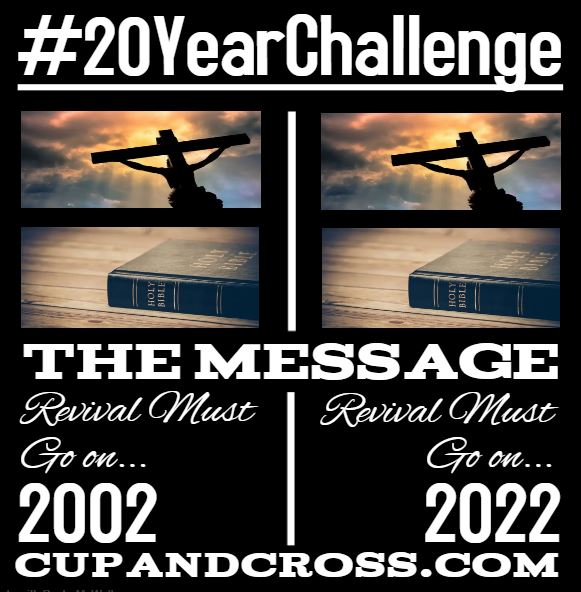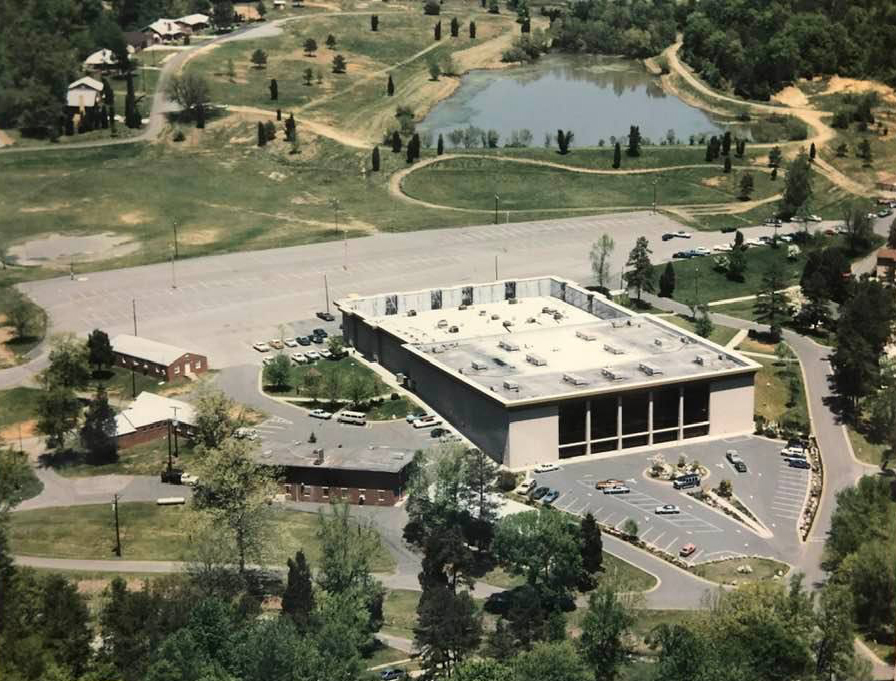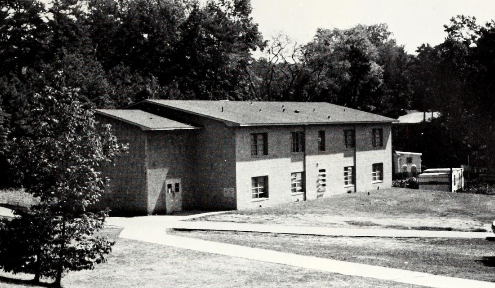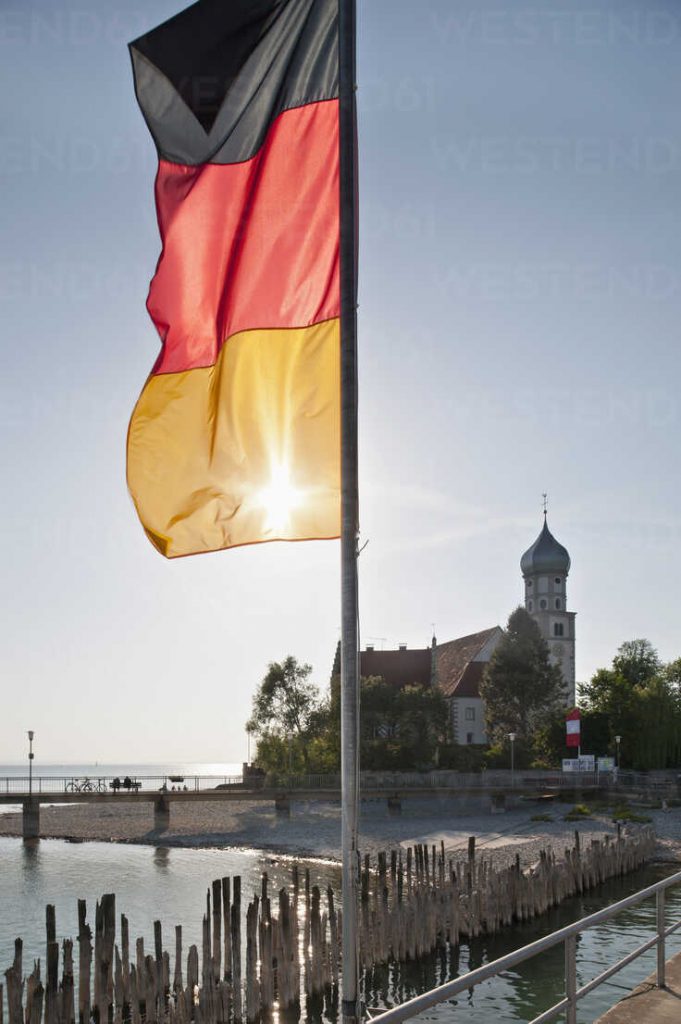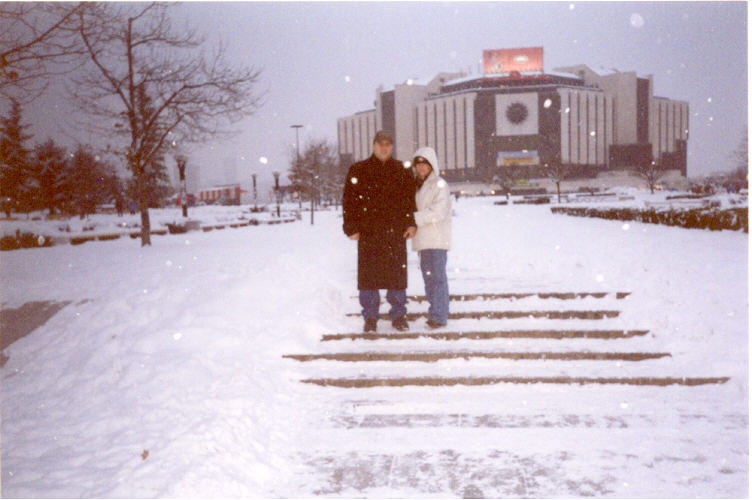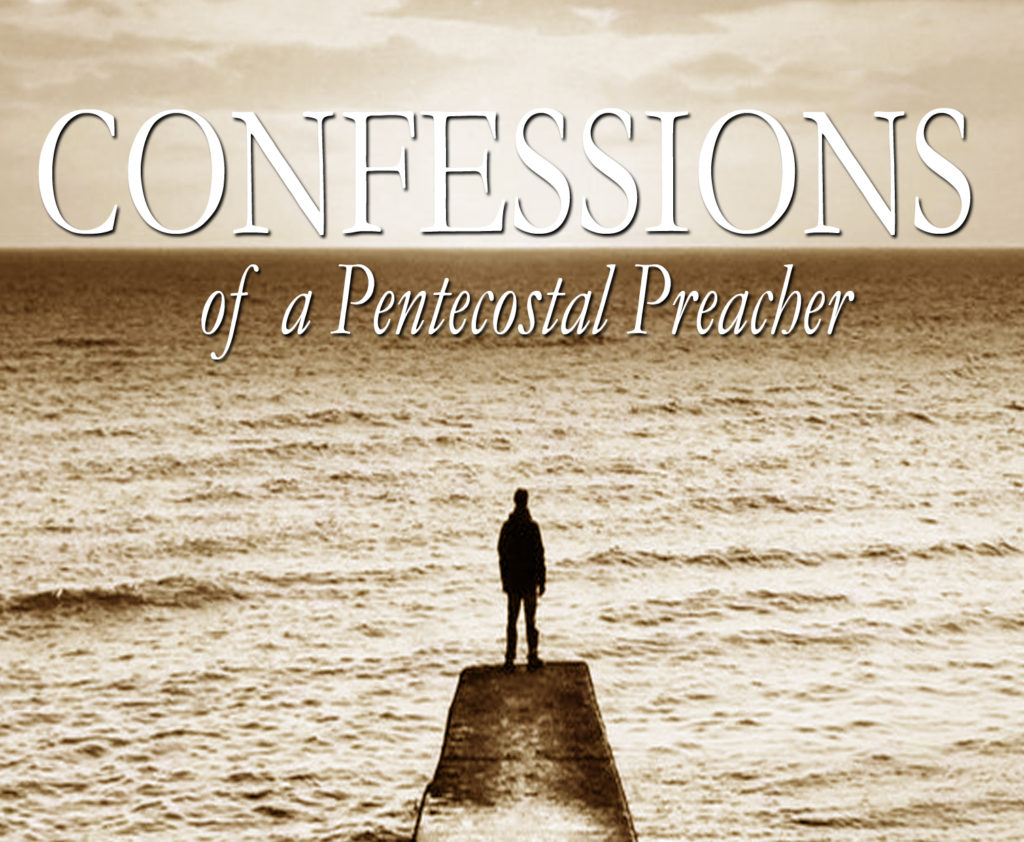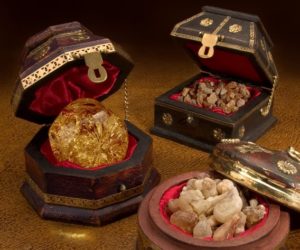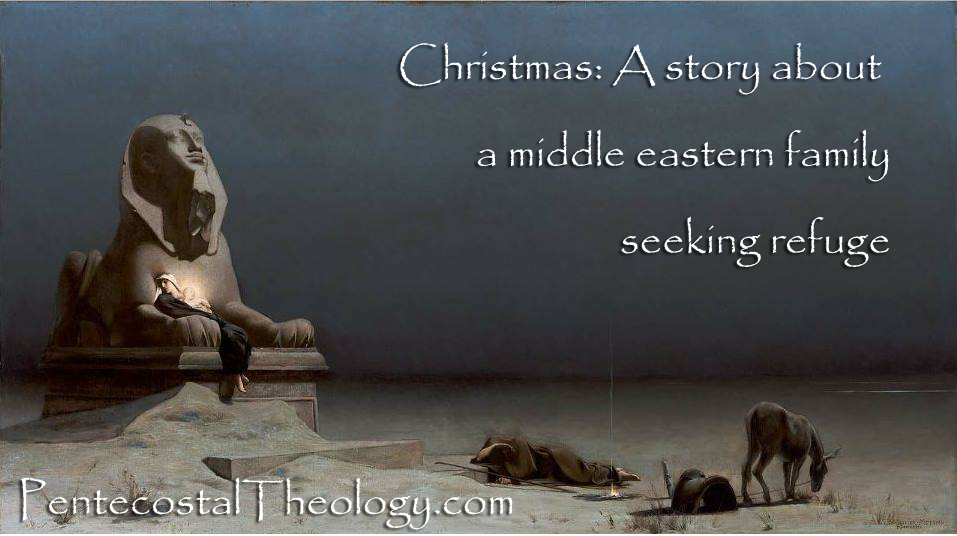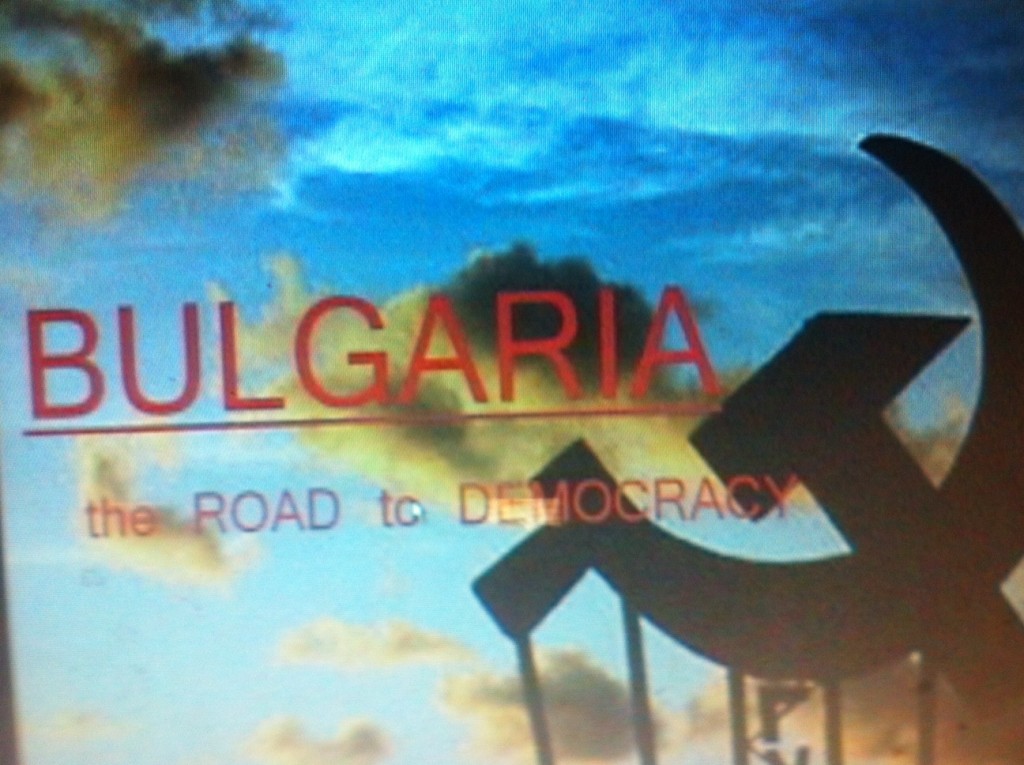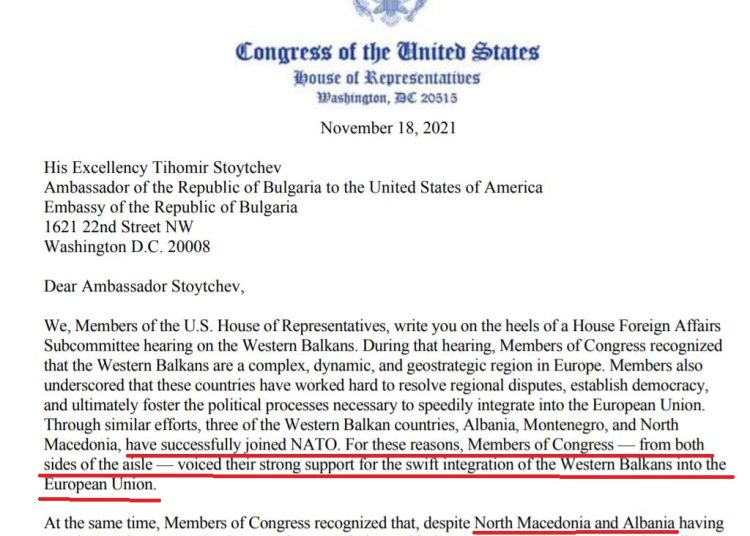Rewind 30 Years of Missions
Exclusive Report: Pentecostal Primitivism Preserved
20 Year Challenge
January 20, 2022 by Cup&Cross
Filed under Featured, Missions, News, Publication
East Coast Bible College and Byrd Dorm
Bulgarian Evangelical Churches in Germany (2022 Report)
Bulgarian Evangelical Churches in Germany (2022 Report)
Koloniestraße 23, 13359 Berlin
P-r Trajan
Rathausstr. 13, 21502 Geesthacht
P-r Nasko
Zollhofstrasse 4, 67061 Ludwigshafen
P-r Asen
Ruhrort Apostelestr. 58, Duisburg 47053
P-r Dari
Kaiser Wilhelm Str. 255, 47169 Duisburg
Bremen Walle Heerstr 197
P-r Dimitar
Hofäckerstrasse 3 71732 Tamm
P-r Emil
Höfflerstr. 14 – Kaiserslautern 67659
P-r Todor
Franz Georg str 36, Trier 54290
P-r Krasimir i Bena
Kirschstr 45a, Montabaur 56410
P-r Ličo i Lejsti
Donauwörther str. 85, Neuburg an der Donau 86633
P-r Ličo i Cecka
Thiewall 9, Hameln 31785
P-r Vasko i Irena
Berliner Str. 77, 51064
P-r Mančo i Dari
Bahnhofstr. 4, Hagen 58095
P-r Miroslav
Oranien Str. 15, Wiesbaden 65185
P-r Sašo, „Šalom Visbaden“
Hinterbärenbadstr. 4, München 81373
Hafenweg 31, 48155 Münster
P-r Simeon i Pepi Vlačkovi
Sundays 7 PM
Goethering 9-11, Osnabrück 49074
P-r Gosho
Lange Str. 226, D-59067 Hamm
P-r Ivo
Zwickau (Sachsen)
Domashna grupa
Rosen
Bremen – Evangel. Gemeinschaftszentrum, Waller Heerstraße 197, 28219 Bremen
Seitenweg 13, 28309 Bremen
Jašar Atanasov
Duisburg
Die Brücke, Johannismarkt 7, 47169 Duisburg
Jašar Mihajlov
http://duisburg.incilbg.com/
Hannover
Lankwitzweg 56, D-30179 Hannover
Aldeniz
Frankfurt a.M.
Lotzstr. 54, 65934 Frankfurt-Nied
Asen Stefanov
Sundays 1:30 PM
http://www.iyihaber-frankfurt.de
Hamburg
Lichtinsel Veringstrasse 47: D-21107 Hamburg – Wilhelmsburg
P-r Ilhan
Sundays 2PM
Domašna grupa
Billstedter Hauptst. 43, 22111 Hamburg
Okšan
Kiel
Domašna grupa
Bilhan
Limburg
Offheimer Weg 50, 65549 Limburg
Ferdi Filipov
Offenbach a.M.
Waldstr. 36, 63065 Offenbach
Sali Ahmed 01771470903
Nedelja ot 17:30 http://www.iyihaber-offenbach.de/
Osnabrück
Goethering 9-11, 49074 Osnabrück
P-r Nazmi
Limburg
Offheimer Weg 50, D-65549 Limburg
Filip Filipov
Nedelja 18:00 č.
Mönchengladbach
Domašno sabirane
Jakub Jakubov
Saarland / Ramiz Ognjanov
The Central Church of God Ministry Center in Sofia (Bulgaria) Today
At the end of each year, we have made it a tradition to share the projects completed in the past months of hard work and labor for the Kingdom. But as we are approaching now 20 years of ministering and teaching with the Church of God denomination together, we have decided to recall some more long-term projects.
Exactly 20 years ago, my wife landed in Sofia, Bulgaria for the first time on a snowy December day. In fact, it was so cold that my mother worrying she would be coming from a much warmer subtropical climate, bought the biggest winter jacket she could find, so we could wrap her with it on the way from the airport. Not the most glorious meeting or welcome party as I recall it today.
I was eager to show her my Church, the Bulgarian Church of God, then second to none in the country with 32,000 membership strong and 400 congregations. Many of them newly started and 28 of them in the two-million people capital alone. The Central Church of God in Sofia, where I preached and ministered in 2001-02, had almost 1,200 people at that time. Its main meeting place was the multifaceted Church of God Ministry Center in a prime location in the growing European capital – a project we had undertaken in 1998 with the faithful will and support of some two dozen Church of God congregations from Florida. The documents from my personal archives tell the story best:
December 2, 2001 – I had just returned from Romania bringing with me World Missions Director Lovell Carry and Field Director (Central/Eastern EU/CIS) Dieter Knospe. They were in Bulgaria on a special visit to transfer the new building to the ownership and operation of the Central Church of God in Sofia per the contract signed with our overseer in the Spring of 2001.
The days of Ministry Weeks 17-19 that followed in December, 2001 and which my wife recorded here: https://cupandcross.com/2001/12/ are excruciating to even remember today. Sunday service with Sunday School and preaching, then again on Tuesday, Wednesday and Thursday. Then special Saturday services in Pravetz and many other places. Similar schedule plus the traditional celebration services in the following Christmas week. Repeat again for the New Year’s week. And all of these done in extremely cold weather and tons of snow on the ground – so much that my wife was delayed for days leaving for the States mid-January with all flights out of Sofia cancelled as the ice never melted enough to clear the runway and defrost the airplanes.
And all through this, the building never stopped. Regardless of all difficulties, we were all working eagerly and anticipating greater results. The multifaceted Church of God Center in downtown Sofia was to encapsulate all our ministries and many more, giving our young freedom generation the opportunity of a lifetime to make a difference for the Kingdom…
Today, when the building of our Ministry Center is being sold and it will be used for something the will of the donors never intended it to be, our Church of God denomination in Bulgaria is split to no less than 12 fractions all registered since 2005. All of them still carry a variant of the Church of God name and consist of the same people I grew up with under the Communist Regime of Bulgaria. We were promised a democratic leadership formed by indigenous people, but instead ended up with mini-bosses, regional micromanaging oversight, multiple splits and everything that characterizes a very typical colonial type of missions.
With the church organizations split time and again until torn into pieces, many of my peers chose alternative paths. Some left the ministry, others were hurt or divorced, a few even died and many simply gave up and moved on. With the rest, I have an appointment at the End of the World!
But none of this gives any pleasure or satisfaction to share. Especially when reminded that the dreams we all once dreamed are now hang on the willow trees by the rivers of Babylon. When reaching those waters of deeply troubled cross-cultural crises of faith and conviction, all bridges to people have sunken with no hope to recover again. God’s Kingdom has no gain in any of this!
Our prayer has hence turned into a prophetic protest for a new reality – not merely for a new mission paradigm, but one of a whole new mission… A Spirit-led ministry that forgoes all man-made politics and business-like models, but instead aims to build a New Church that is nothing less than the very cross-road where we encounter God and others in the Spirit of Pentecost.
CONFESSIONS of a Pentecostal Preacher
To Mark Alan
We know not why good people have to die,
but we do know we must tell their story…
Chapter I: Beyond the Church and into God
Be without fear in the face of your enemies.
Be brave and upright that God may love thee.
Speak the truth always, even if it leads to your death.
Safeguard the helpless and do no wrong.
That is your oath.
~Kingdom of Heaven (2005)
Separation of church from politics of false religiosity
The phone rang heavy and long. It was 4 AM in Bulgaria, but I was already up. A friend on the other end of the line was calling from South Carolina with a warning of some bad situation. The following morning, I was going to be contacted by the Director questioning why we were ministering in churches outside of our denomination.
The truth was we had ministered in some 300 local churches across the Balkan country of Bulgaria crossing all denominational boundaries and gathering youth from just about every confession. God had used us not only to reach and minister and to lead, but to step into an untouched spiritual realm, to undertake an unfamiliar ministry paradigm and to approach a brand new dimension of reality where He was to be the center of it all. And we had obeyed without questions. Now it was time to pay the price!
* * *
Our denomination, the one to which I remain both critically loyal and loyally critical, spreads over some five generations. Through its century old existence, the struggles and tension between theology and praxis has been in the center. And there, in the very essence of Pentecostalism itself, while some are always celebrating and being celebrated in the office or temple, others are always pushed in the periphery of normal life, hidden from the world behind closed doors and seeking a much deeper experience with God.
These modern day mystics are not only forgotten, but often forbidden. For their riot for righteousness cannot be conceived, contained and controlled by the religious norms of organized officiality. They speak as prophets to a world they so fervently try to escape from, about a reality that does not exist in the normal believer’s mindset. A stage of spirituality that cannot be preached without being lived in the social existence. And a relationship of God that goes far beyond common relationism and into God himself. That God, Who does not abide in offices and temples, but on the cross outside of the city walls…
But I knew nothing of this until that cold winter morning when the phone rang through darkness of the night. Knowing what is coming, rarely changes what we have done to get here.
7 Years in Bulgaria: CONFESSIONS of a Pentecostal Preacher
by Dony K. Donev, D.Min.
Upcoming Releases for United States (October, 2020)
Restorative Significance of the Gifts Given to the Christ Child
It is recorded that the Magi gave the Christ Child three gifts upon his birth; gold, frankincense and myrrh. We understand the gold today as a physical gold, representing His kingship and the other two as an incense to symbolize his priestly role and oil for his foreseen death. Yet, what if the gold that was given to the Christ child was for another reason and perhaps it was not “gold”, but a golden spice or a golden salt. Of the gifts, one could be ingested, one could be inhaled and one could be absorbed. If we look at all from a medicinal viewpoint, these three gifts may have more symbolic meaning than once perceived.
MAGI
So who exactly were the “Magi”. We know that they followed the stars and were from the East. The East was a region of the world known, at the time, for its great knowledge of natural remedies. So it is not unimaginable that they could have been natural healers or homeopathic doctors of their times. This could explain the hypothesis that all three gifts had a therapeutic purpose in the life of Christ.
GOLD
If we view the gold in compound form, it can be used in the treatment of rheumatoid arthritis. Gold is a type of disease-modifying anti-rheumatic medicine (DMARD) that dampens down the underlying disease process. This meaning it treats inflammation and stops the immune system from attacking its own body’s tissue. Gold can also be used to treat other auto-immune conditions. If we think of the gift of gold as a spice, the first one that comes to mind is curcumin which is known as the “golden spice” of the East. It also has the ability to reduce inflammation and provides immune system support along with anti-cancer effects. This golden spice seems to have the ability to kill cancer cells and prevent their regrowth.
FRANKINCENSE
When frankincense is inhaled, it is the most effective method of delivery to send a chemical message to the brain. The oils in frankincense have a high level of sesquiterpenes, an agent found in plants that has the ability to go beyond the blood-brain barrier. Sesquiterpenes from frankincense increase oxygen availability in the limbic system of the brain which leads to an increase in secretions of antibodies, endorphins and neurotransmitters. In layman’s terms it has the ability to go straight to the brain without traveling through the bloodstream and brings healing properties to reset and repairs its internal communications. It’s almost as if it can unlearn a disease or degenerative disorder passed down in our DNA.
The amygdale glad of the brain’s limbic system plays a major role in storing and releasing emotional trauma. The only way to stimulate this gland is with fragrance or the sense of smell. This may help us understand how we are able to release emotional trauma with aromatherapy of frankincense.
MYRRH
Myrrh also can arouse the limbic system to release emotional trauma. It also has anti-inflammatory and immune boosting properties among with many other health benefits. Once applied to the body, oil molecules pass through dermis, into the capillaries and directly into the bloodstream.
The substance know as monoterpenes are present in almost all essential oils. They are what enhances the therapeutic values of other components and are the balancing portion of the oil. They inhibit the accumulation of toxins and restore the correct information in the DNA of the cell. Sesquiterpenes are also found in myrrh and delete the bad information in cellular memory or memories that are hypothesized to be stored outside the brain in the body.
REMARKS
This is quite interesting, to say the least, that all three gifts can protect the body from such dramatic trauma. The body of Christ from infancy was being safeguarded against what was to become his destiny of great suffering and pain. The cathartic releasing of emotional trauma provided with the gift of frankincense would lay the foundation for the harrowing experience of death by crucifixion.
All three offerings had anti-inflammatory properties and helped support the immune system by preventing the system from attacking its own body’s tissue. Christ’s earthly body was protected right down to the minuscule cellular level. Even the cellular memory of his body was restored with these gifts. At a molecular level, His Heavenly DNA was being guarded. The gifts purposed to protect the Christ child’s from disorders genetically passed down and to restore the information in the cells of the DNA.
One gift was for the body, one was for the blood and one was for the brain. One gift purposed to go beyond the blood-brain barrier while the other was via the bloodline. The Christ child was both a descendant of a Heavenly father and an early mother. The father’s bloodline was supernatural while the mothers’ was a physical line.
We will never truly understand this side of Heaven all the care that went into protecting the Christ child. Yet since we are descendants of a Perfect Deity, we too have this promise of complete restoration of curses, sickness, disease, imperfections, degenerative disorders, mental impairments, and any physical, mental or spiritual attack of the body, mind and soul. We have been given a choice of living a life of blessing or curse. Just as the gifts of the Christ child had to be accepted, we too much choose to accept this promise.
BULGARIA has a NEW Government! For Now…
SOFIA, Bulgaria – After three National Parliament elections held in 2021 alone and three acting temporary cabinets, Bulgaria now has a new government based on a 4-partisan coalition. Will it outlast its first 100 days? ONLY GOD KNOWS!
Bulgaria’s PM Designate Petkov Presents New Government Ahead of Parliament Vote
Bulgarian Prime Minister designate Kiril Petkov presented the composition of his future government to the nation as he seeks to end eight months of political deadlock. Petkov, 41, leader of the newly formed centrist party We Continue the Change (PP), reached an agreement a day earlier with three other left-wing and center-right groups to form a coalition government.
Petkov’s party will hold 10 of the 21 ministerial positions, including prime minister and two deputy prime minister posts. The four-party coalition will control 134 seats in Bulgaria’s 240-seat parliament, which is set to vote on approving the new government on December 13. Petkov, whose party came in first on an anti-graft platform, told media on December 11 that the future government will have “zero tolerance” for corruption and said one of his first priorities will be to reform the Anti-Corruption Commission.
The new coalition is expected to have a majority of 134 lawmakers in the 240-seat parliament. “The agreement is 140 pages and details all policies. It gives the chance for the coalition to be strong and work for a long time,” Petkov told the national BNR radio after the party signed the document with each of its partners separately.
SUPPORTING PARTIES:
- Bulgarian Socialist Party (socialist democrats)
- There is Such People (centrist democrats)
- Democratic Bulgaria (democrats)
Present 227 out of 240 MPs registered in the plenary hall. Instead of presenting Kiril Petkov’s candidacy, the plenary day began with a declaration on behalf of the GERB-SDS group, which will not support the draft cabinet.
“You organized brutal repression in the persecution of political opponents,” Desislava Atanasova said. She accused the president of undermining democracy.
The New Cabinet: “Vazrazhdane” will Not Support the “Petkov” Cabinet
The parliamentary group of “Vazrazhdane” will not support the draft cabinet “Petkov”, because according to its leader Kostadin Kostadinov the policies are a continuation of the GERB government, and the impression was that it the cabinet was created in foreign embassies
The New Cabinet: DPS will Not Support the “Petkov” Government
The Movement for Rights and Freedoms (DPS) will not support the proposed program, structure and composition of the Council of Ministers, because it has participated in the talks about them. This was announced by DPS leader Mustafa Karadayi. According to him, the Movement will be a constructive opposition and will contribute to solving problems and protecting rights and freedoms.
Exclusivism, Pluralism and Inclusiveness
Exclusivism as most relevant and easiest to detect in a church or a ministry. It seems that marginalized people tend to respond to a Divine authority that either empowers them to address the social evils of society, or to rise above the impoverishment and inequities of their existence through a sense of spiritual realities that supersede the material world. We are regarding this dynamic as clergies often create a separate “clericalism alternative” to genuine Biblical ministry. The laity sometimes separates itself from the church experience. And the congregation is left with the painful experience of continuous and cultural dislocation. There is, however, some steadiness and perseverance through such uncertainty in way of reinventing the church. This new church demands a new theology localized away from the academy to the missionary frontier. It also requires a better sense of community. Nonetheless, the renovation process within the community of believers is an intergenerational mission thus transmitting those forms of community discovered by the present church to the future one.
Pluralism brings the highest recommendation to every Christian who is seeking wholeheartedly the will of God for his/her life. If you want to practice theology in a pluralistic society at this time, however, the evangelical churches must be prepared and ready to resist these unacceptable media attacks that restrict religious freedom and impose pluralistic values to the Body of Christ. The discussion on the Kingdom of God implies partnership with non-Christians which in holiness circles may be viewed as inappropriate. Kingdom values are to replace worldly values to indicate the influence of the Kingdom. Certain guidelines of cooperation then must be drawn in order that any partnership of such kind does not radically change the identity of the church negatively, but rather serves as a positive transformational factor for all participating Christians and non-Christians.
Inclusiveness must note that the climax of Christ’s mission was the cross. His suffering was due to a preexisting conflict which was resolved though His sacrifice, a transformational statement that included justice and restoration. The Church is also called to engage in the struggle for justice and social equilibrium, which is not only its earthly mission, but part of its eschatological hope as well. The sign of social change is then, not so much, the coming city, but the cross outside the gates. The involvement of the individual believer and the church as a corporate body in suffering on behalf of the oppressed is not viewed by God as failure. On the contrary, it is a transformation that changes both the world and the church after the image of Christ. The all-inclusive (available to all who seek) Kingdom of God creates inclusiveness within God’s redemption for the creation. It is His redemptive participation in human history through which all people are challenged to repent and live a life of participating in Kingdom business, while the Kingdom remains an already-not-yet reality. This reality gives a new status to every believer, who is transformed after the image of Christ, in order to participate in His Kingdom. In this sense, the Kingdom is not a personal Kingdom or personal transformation alone, but it is community which God creates for all with the purpose of being inclusive toward all.
The Early Church lacked no diversity. When we turn to Scripture it appears that God Himself has chosen to challenge the homogeneous unit principle. For example, He chose to send Peter to the home of Cornelius (Acts 10). Who else could God have sent? He could have sent an angel. In fact, we are told that an angel appeared to Cornelius in a vision. But instead of preaching to Cornelius and giving the Good News, the angel told him to send his servants to Joppa and call on Simon Peter (Acts 10:1-6). Why did God send Cornelius to a Jew? I suspect it was as much for the spiritual growth of the Jewish Christian church, as it was for the salvation of these Gentiles. Further, we are told that in a vision Peter rejected God’s instructions to transcend culturally held beliefs and he argued with God. God did not placate Peter in his protest, but challenged him with these words, “Do not call anything impure that God has made clean” (Acts 10:15, NIV). God was investing a vision for racial/cultural diversity into Peter, and by extension, the church. This set the stage for the arrival of the Gentiles seeking Him. God had a plan for the inclusion of more people than just the Jews.
2020 Vision for Bulgarian Evangelical Churches Abroad Completed
 Over a decade ago, after publishing Bulgarian Churches in North America: Analytical Overview and Church Planting Proposal for Bulgarian American Congregations Considering Cultural, Economical and Leadership Dimensions, we purposed to explore the possibility of implementing the church planning program among Bulgarian Diasporas in various destination countries of migration.
Over a decade ago, after publishing Bulgarian Churches in North America: Analytical Overview and Church Planting Proposal for Bulgarian American Congregations Considering Cultural, Economical and Leadership Dimensions, we purposed to explore the possibility of implementing the church planning program among Bulgarian Diasporas in various destination countries of migration.
With this in mind, we carried the vision for establishing 20 Bulgarian churches outside of Bulgaria by the year 2020. Cyprus, the United Kingdom and Canada were among the first to successfully implement our program. Bulgarian migrant communities in France, Italy and especially Spain and Germany followed with great enthusiasm – there are 7 Bulgarian evangelical churches active in Span today, and 18 in Germany.
Of course, not all parts of the program proved to be efficient. The program’s modules and training that was implemented, however, have produced 47 strong church plants thus far and the number is growing every month. The program proposed has been confirmed by the leadership we have received from the Holy Spirit. Our commitment to seize the opportunity and work toward adding more Bulgarian churches by the year 2020 has by far surpassed all expectations.
Bulgarian Evangelical Churches in the European Union (2020 Report)
- Bulgarian Evangelical Churches in Germany
- Bulgarian Evangelical Churches in Spain
- Bulgarian Evangelical Churches in England
- Bulgarian Evangelical Churches in France
- Bulgarian Evangelical Churches in Belgium
- Bulgarian Evangelical Churches in Italy
- Bulgarian Evangelical Churches in Cyprus
- Bulgarian Evangelical Churches in Crete
Bulgarian Evangelical Churches in America (2020 Report)
- Bulgarian Evangelical Churches in Chicago (2020 Report)
- Bulgarian Evangelical Churches in Texas (2020 Report)
- Bulgarian Evangelical Churches – West Coast (2020 Report)
- Atlanta (active since 1996)
- Los Angeles (occasional/outreach of the Foursquare Church – Mission Hills, CA)
- Las Vegas (outreach of the Foursquare Church – http://lasvegaschurch.tv)
- San Francisco (occasional/inactive since 2012, Berkeley University/Concord, CA)
Bulgarian Evangelical Churches in Canada (2020 Report)
- Toronto (inactive since 2007)
- Toronto/Slavic (active since 2009)
- Montreal (occasional/inactive since 2012)
CURRENTLY INACTIVE CHURCHES/CONGREGATIONS:
- New York, NY (currently inactive)
- Buffalo, NY (occasional/inactive)
- Jacksonville, FL (occasional/inactive since 2014)
- Ft. Lauderdale / Miami (currently inactive)
- Washington State, Seattle area (currently inactive)
- Minneapolis, MN (occasional/inactive since 2015)
READ MORE:
- First Bulgarian Church in Chicago Opened in 1907
- Gateway Cities for Bulgarian Evangelical Churches
- How to Start a Bulgarian Church in America from A-to-Z
- Unrealized Spiritual Harvest as a Paradigm for Cross-Cultural Ministries among Migrant and Disfranchised Ethnic Groups in America Today
Bulgaria Set for Yet Another Election in the Spring of 2022
Current Socialist Bulgarian President won a second term with the overwhelming support of President Biden. However, during the election debates, President Radev slipped and claimed the Ukrainian Crimea belonged to Russia. By the time the election results were finalized on Monday, both the European Union and the U.S. Embassy in Bulgaria issued notes of warning stating that, Crimea is part of the Ukraine and is currently under Russian occupation. Also on Monday, U.S. Congress forwarded a letter to the Bulgarian government for an immediate decision on the acceptance of Macedonia in the European Union.
These escalations occur in the midst of Bulgaria unable to form a government after three consecutive elections in 2021. As it is highly improbable the current election winner with only 26% will be able to form a government without a political majority, another election may be on the horizon of 2022.
Apart from the Crimean and Macedonian questions, the next Bulgarian government has committed to President Biden’s tri-sea initiative leading to most drastic political restructuring as follows:
1. Accepting the cross-gender Istanbul Convention
2. Pushing Bulgaria toward military involvement in the Crimean Crises
3. Opening Bulgaria as a regional big-pharma hub for modern vaccine testing
Changes in the Bulgarian Constitution may push the country from Parliamentarian to a Presidential republic alike the Russian model set by Putin’s “democracy.” But before all this happens, an actual government will have to be formed in the midst of a very cold winter with rising gas prices and electricity prices already increased by some 30%. Drained by the 2020 pandemic and with no government help or any tax break, the evangelical churches in Bulgaria are not prepared for any of these new challenges.



